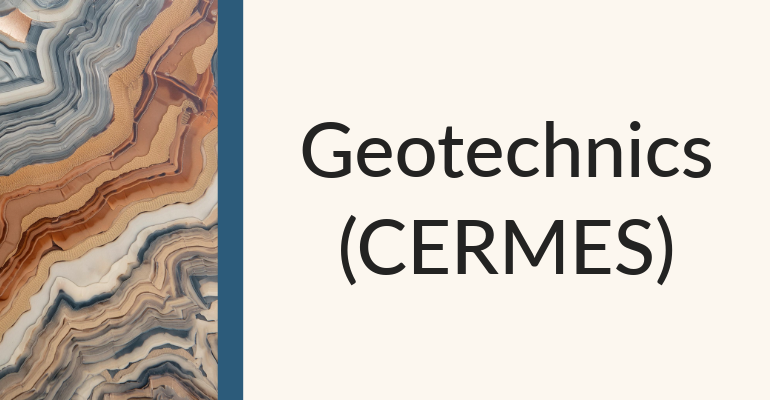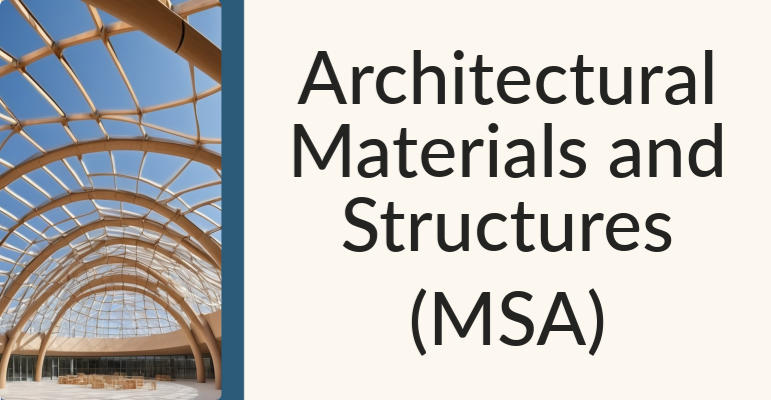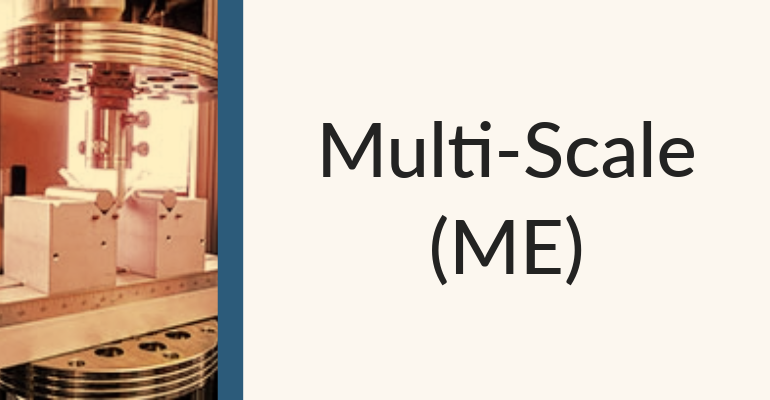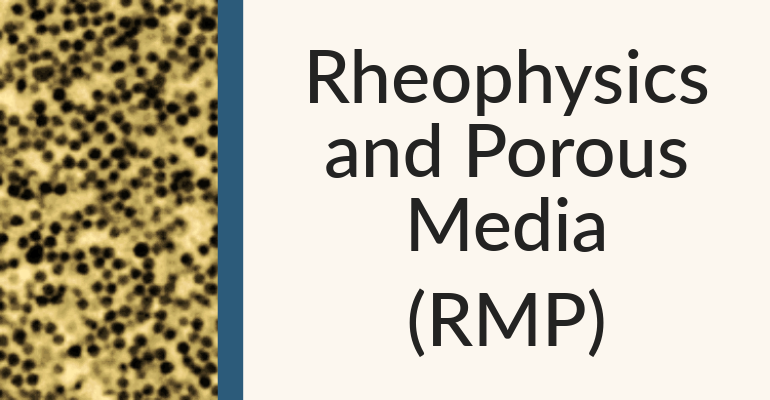Our research focuses on materials and structures for construction, energy and the environment. In the context of the energy transition and natural risks linked to climate change, the laboratory works in the field of innovative materials and implementation processes, the durability and resilience of structures under complex loads, the geomechanics of energy and the environment. To do this, research is based on developments of a fundamental and / or methodological nature, and combines original experimental approaches and modeling in order to produce knowledge that can meet the innovation needs of companies through finalized thematic projects. The scientific projects of each team are described in the corresponding section. They show the laboratory’s positioning on current themes in cooperation with major players in the field of materials, construction and energy (Saint-Gobain, LafargeHolcim, Vinci, Bouygues, Eurotunnel, Société du Grand Paris, Tunnel Euro- Alpin Lyon-Turin, EDF, Total, CEA, ANDRA, IRSN, etc.). Also, a lot of research is being developed in partnership with other UGE laboratories, in particular for engineering applications.
The Geotechnics team (CERMES) focuses its research and teaching activities on geotechnical engineering and soil and rock mechanics with applications for civil engineering, environmental engineering, energy production and prevention of natural hazards. Research ranges from laboratory and in situ investigation of soils and rocks to modeling their constitutive laws, taking into account thermo-hydro-chemo-mechanical couplings.
The Architectural Materials and Structures team (MSA) studies the mechanics and durability of materials and complex or architectural structures of civil engineering, cable networks, composite beams, plates, slabs, pavements, heterogeneous or multilayer …
Innovative, efficient and sustainable constructive concepts are also proposed and studied, including through a rigorous assessment of environmental impacts (Life Cycle Analyzes). Prototypes are produced, including through new technologies related to digital transformation (concrete 3d printing, Robot-Oriented-Design).
The Multi-Scale team (ME) endeavors to understand and predict the mechanical, and more generally multi-physical, behaviors of materials and structures from a description of their heterogeneities present at one or more fine scales, phenomena elementary physics that operate there, and the complex local interactions that result from it. To do this, it develops advanced modeling, numerical simulation and experimental analysis tools capable of understanding the links between scales, and implements them on a wide range of solid materials, in particular construction materials and geomaterials, but also materials for energy, as well as on heterogeneous civil engineering structures.
The Rheophysics and Porous Media team (RMP) is specialized in the study and the modeling of the properties of complex materials made of solid particles, drops or bubbles, suspended in one or several fluids. We also study transport properties in porous media. Our studies combine both experimental and theoretical approaches, as well as numerical simulations, from continuous to discrete methods. They focus mainly on granular materials, colloidal and non‐colloidal suspensions, foams and bubbly materials, gels, porous materials, woods, capillary systems, … The main domains of application of our research are the materials for construction, energy and environment.






